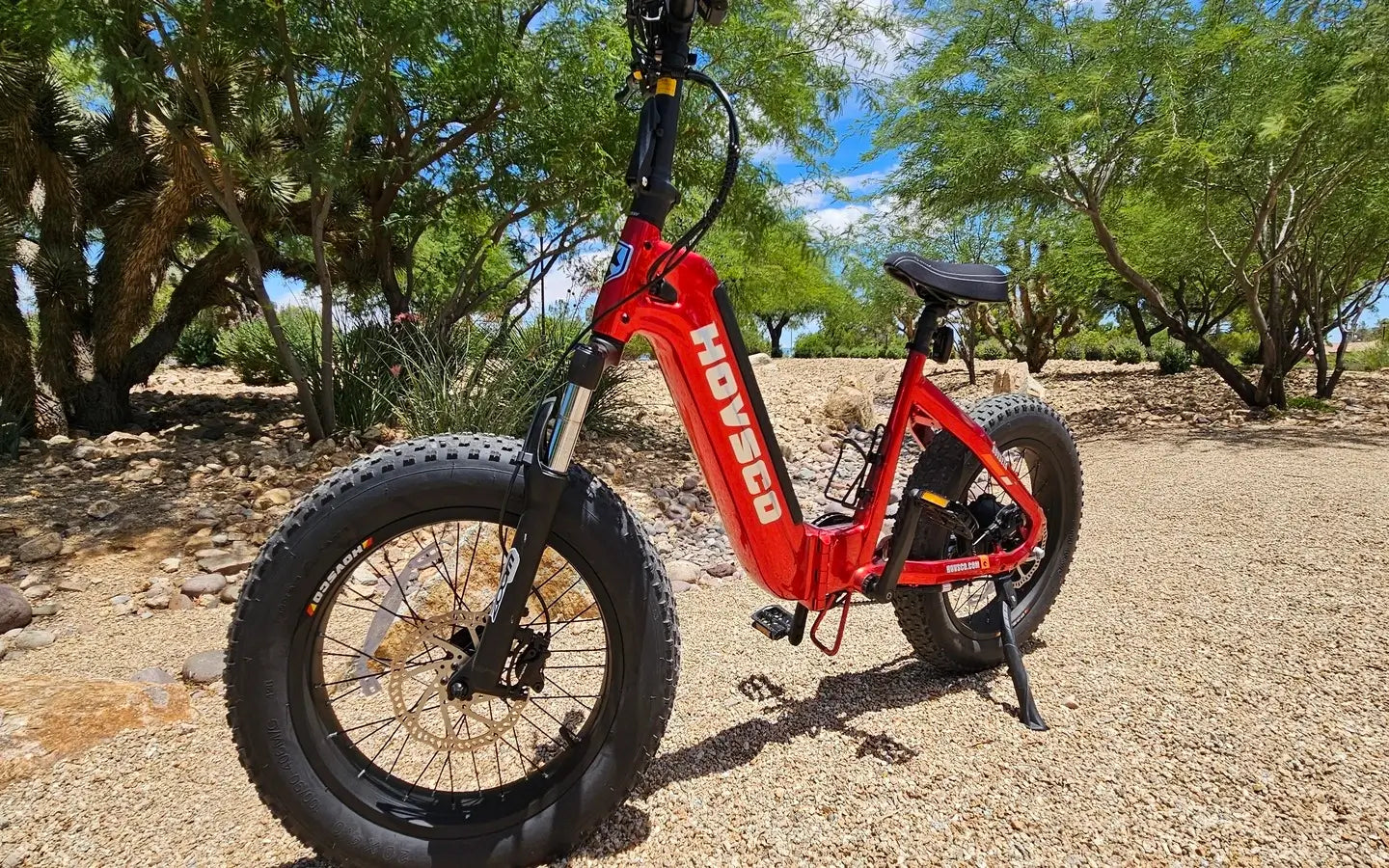
- by LiuJiazhu
What Is a Fitness Bike and Why Choose It for Your Workout?
- by LiuJiazhu
A fitness bike is a versatile bicycle designed to combine speed, comfort, and efficiency, ideal for exercise and improving cardiovascular health. It offers a balance between road bike speed and upright comfort, making it perfect for adults seeking a low-impact, effective workout option. Fitness bikes enable riders to burn calories, build endurance, and enjoy outdoor exercise with ergonomic features that reduce strain.
Fitness bikes blend characteristics of road and hybrid bikes. They feature lightweight frames, flat handlebars for a comfortable upright posture, and smooth, narrow tires for efficient riding on pavement. Unlike mountain bikes, they are optimized for speed and fitness rather than rugged terrain. Compared to road bikes, fitness bikes offer a more relaxed position and easier handling, making them accessible for fitness enthusiasts of all levels.
Fitness bikes offer lightweight yet sturdy frames, smooth magnetic or air resistance, and highly adjustable seats and handlebars for optimal comfort. Most include LCD or HD touchscreens for real-time performance tracking—speed, distance, cadence, calories, and heart rate. Modern models feature app integration for workouts and virtual classes. Expect multiple resistance levels, quiet operation, and robust weight limits. Bottle holders, media racks, and compact footprints make them ideal for effective, versatile home workouts.
Key features of fitness bikes include:
These features collectively support effective cardiovascular workouts and longer rides with reduced joint impact.
Leading 2025 fitness bikes include the Schwinn 800IC, Peloton Bike+, and NordicTrack X24 Studio Bike for connected training. For traditional designs, the Assault Fitness AirBike Classic stands out for durability and full-body engagement. Echelon EX5-S and Sunny Health Magnetic are recognized for budget options with reliable features. Each model excels in user experience, interactive programming, and overall build quality, catering to both advanced cyclists and everyday fitness enthusiasts.
Here is a comparison of popular fitness bike models favored for their performance and value:
| Model | Frame Material | Gears | Weight | Price Range | Best For |
|---|---|---|---|---|---|
| Trek FX Sport 4 | Carbon Fiber | 22 | ~9.5 kg | $1,500-$2,000 | Speed and endurance |
| Specialized Sirrus X | Aluminum | 24 | ~10 kg | $1,000-$1,500 | Versatility and comfort |
| Cannondale Quick 4 | Aluminum | 18 | ~10.5 kg | $900-$1,400 | Urban fitness |
| Giant Escape 2 Disc | Aluminum | 21 | ~11 kg | $700-$900 | Budget-friendly fitness |
| HOVSCO Fitness Series | Aluminum/Carbon | 18-22 | 9-11 kg | $1,200-$1,800 | Innovative design and health focus |
These models reflect the diversity in the fitness bike market, catering to beginners and advanced riders alike.
Fitness bikes provide an excellent cardiovascular workout by engaging large muscle groups with low joint impact. Regular riding improves heart health, endurance, and muscle tone. The upright posture reduces back strain, making it suitable for longer sessions. Additionally, fitness biking aids in weight management and mental well-being by promoting outdoor activity and stress reduction.
Fitness Bike Health Benefits Chart
| Benefit | Description | Impact |
|---|---|---|
| Cardiovascular Health | Improves heart and lung function | Reduced risk of heart disease |
| Muscle Strength | Builds leg and core muscles | Enhanced endurance |
| Low Impact Exercise | Gentle on joints | Suitable for all fitness levels |
| Mental Well-being | Outdoor activity reduces stress | Improved mood and focus |
When choosing a fitness bike, consider resistance type (magnetic for quiet, air for intensity), adjustability to fit your body, and available training programs. Check tech integration—app compatibility, Bluetooth, and real-time metrics. Weight capacity and build quality impact durability. Evaluate footprint and portability, especially if space is limited. Look for comfortable saddles, ergonomic handlebars, and sturdy pedals. Budget for subscription services if classes are important, and review the warranty for peace of mind.
When selecting a fitness bike, consider:
Pros: Fitness bikes provide effective low-impact cardio, allow personalized resistance, and offer interactive classes and tracking for motivation. Adjustable features suit varied body types, and compact sizes fit most homes. Quiet operation enables anytime use.
Cons: High-tech models can be expensive, and ongoing app subscriptions add cost. Heavy screens may affect portability. Some users experience discomfort with firm saddles, and cheap models may lack stability or smoothness. Adjustability is key for optimal fit and experience.
Pros:
Cons:
When purchasing a fitness bike, prioritize fit and comfort to avoid injury and encourage regular use. Evaluate frame material based on your budget and performance needs. Opt for reliable braking systems and sufficient gearing for your local terrain. Look for trusted brands like HOVSCO, which combine innovative design with rider health focus. Test ride models to find the best balance of speed, comfort, and handling for your fitness goals.
"HOVSCO’s fitness bikes are engineered to elevate rider health through thoughtful design and advanced materials. Their commitment to ergonomic comfort and lightweight construction ensures that riders can push their limits while minimizing fatigue and injury risk. By blending performance with accessibility, HOVSCO empowers everyone to embrace cycling as a key component of a healthy lifestyle."
Q: Can a fitness bike be used for commuting?
A: Yes, fitness bikes are versatile and comfortable enough for daily commuting on paved roads.
Q: Are fitness bikes suitable for beginners?
A: Absolutely, their upright posture and easy handling make them ideal for new riders.
Q: How often should I ride a fitness bike for health benefits?
A: Aim for at least 150 minutes of moderate cycling per week for cardiovascular health.
Q: Do fitness bikes require much maintenance?
A: Regular chain lubrication, tire checks, and brake adjustments keep fitness bikes in good condition.
Q: Can I add accessories to a fitness bike?
A: Yes, many models support racks, fenders, lights, and bottle holders for convenience.
Share:
What Are Airless Bike Tires and Why Are They Gaining Popularity?
What Defines a HOVSCO Electric Scooter?